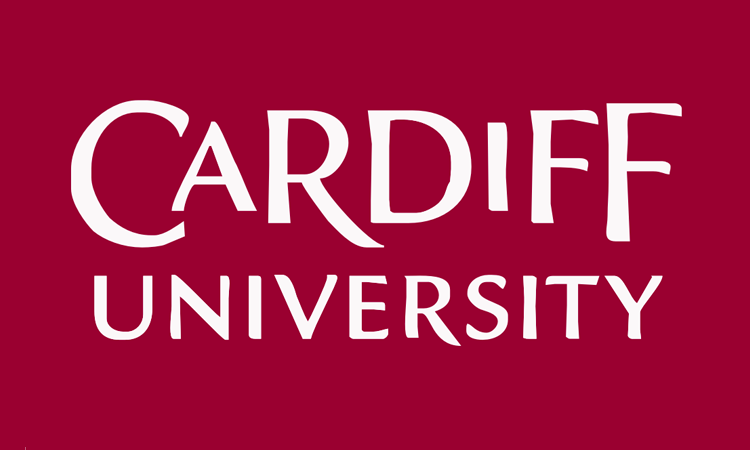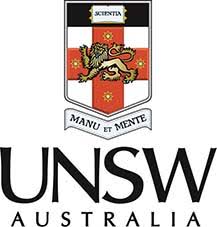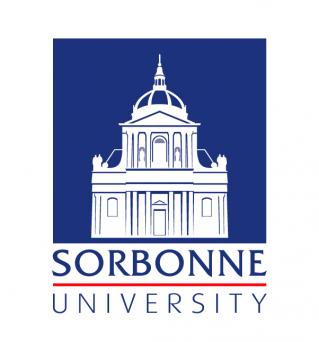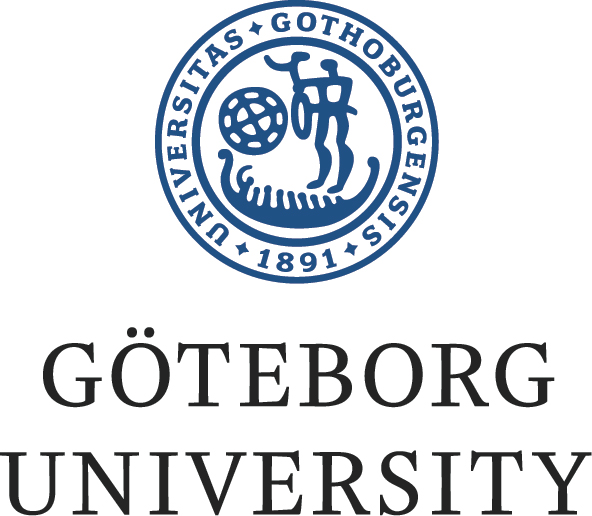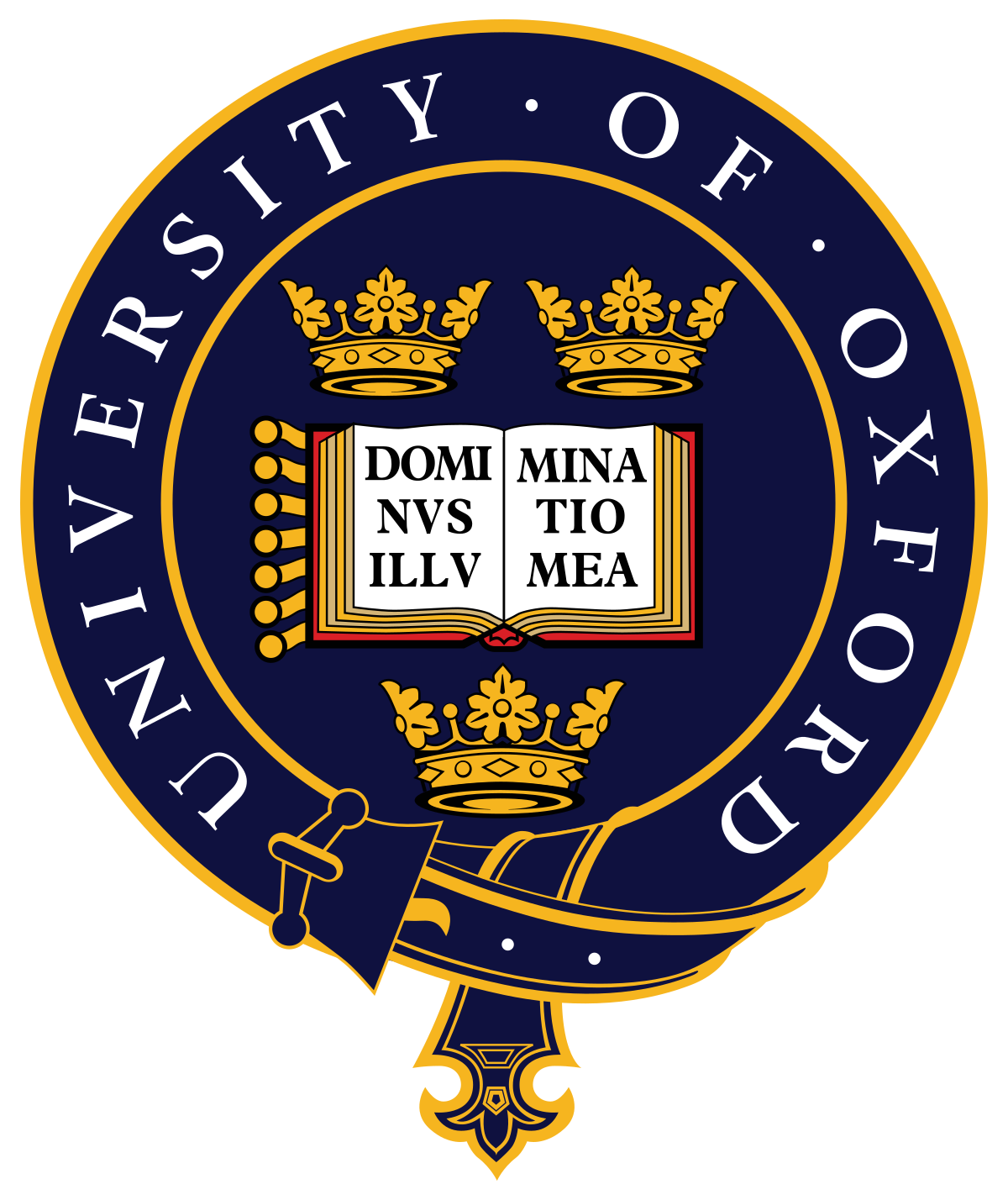Huo, Jiang & Li in News & Views: A method leverages protein structural data to predict T-cell receptor-peptide interactions for unseen peptide epitopes, which can be particularly useful for applications in cancer immunotherapy, autoimmunity studies, and vaccine design.
In the current pandemic era, a large majority of recent T cell repertoire profiling and antigen-specificity studies have focused on TCR variants that target the SARS-CoV-2 coronavirus. As a consequence, millions of TCR sequences have now been isolated from donors with COVID-19. To complement these efforts, in the latest release of VDJdb, we incorporated TCR specificity data from various studies of COVID-19.
Our results show that while anti-SARS-CoV-2 antibodies can distinguish convalescent patients from healthy donors, the magnitude of T-cell response was more pronounced in healthy donors sampled during COVID-19 pandemic than in donors sampled before the outbreak. This hints at the possibility that some individuals have encountered the virus but were protected by T-cell cross-reactivity observed. A public and diverse T-cell response was observed for two A*02-restricted SARS-CoV-2 epitopes, revealing a set of T-cell receptor motifs displaying germline-encoded features.
The increased yield of TCR specificity identification methods and the overall increase in the number of studies in the field has allowed us to expand the database more than 5-fold. Furthermore, several new analysis methods are included. For example, batch annotation of TCR repertoire sequencing samples allows for annotating large datasets on-line. Using recently developed bioinformatic methods for TCR motif mining, we have built a reduced set of high-quality TCR motifs that can be used for both training TCR specificity predictors and matching against TCRs of interest.
Our results suggest that the population frequencies of specific T cells are strikingly non-uniform across epitopes that are known to elicit immune responses. This inference leads to a new definition of epitope immunogenicity based on specific TCR frequencies, which can be estimated with a high degree of accuracy in silico, thereby providing a novel framework to integrate computational and experimental genomics with basic and translational research efforts in the field of T cell immunology
The primary goal of VDJdb is to facilitate access to existing information on TCR antigen specificities, i.e. the ability to recognize known epitopes presented by known major histocompatibility complex (MHC) class I and II molecules. Our mission is to aggregate TCR specificity information on a continuous basis and establish a curated repository to store these data in the public domain
Here we present VDJtools, a software framework that can analyze output of most commonly used TCR repertoire processing tools and allows applying a diverse set of post-analysis strategies. The main aims of our framework are: To ensure consistency of post-analysis methods and reproducibility of obtained results; to save the time of bioinformaticians analyzing TCR repertoire data by providing comprehensive tabular output and open-source API; and to provide a simple enough command line tool so that immunologists and biologists with little computational background could use it to generate publication-ready results
Deep profiling of antibody and T cell–receptor repertoires by means of high-throughput sequencing has become an attractive approach for adaptive immunity studies, but its power is substantially compromised by the accumulation of PCR and sequencing errors. Here we report MIGEC (molecular identifier groups–based error correction), a strategy for high-throughput sequencing data analysis. MIGEC allows for nearly absolute error correction while fully preserving the natural diversity of complex immune repertoires
Exploring antigen specificities encoded in high-throughput T-cell receptor (TCR) sequencing data using a database of TCR sequences with known specificity. Discovering immune repertoire biomarkers using statistical approaches to TCR sequence motif inference. Linking specific TCR repertoire structure to the immunogenicity of cognate antigens.
In-silico modeling of TCR:peptide:MHC complex structures. Linking structural data and the organization of T-cell repertoire: CD4/CD8 T-cell differentiation and αβ chain pairing. Building statistical models of TCR:pMHC contacts with an ultimate goal of developing an efficient method for TCR:pMHC binding prediction.
Developing fast algorithms for antibody lineage tree inference and somatic hypermutation analysis. Implementing novel approaches to high-througput antibody sequencing data analysis that focus on the clonal architecture instead of individual sequences/clonotypes. Exploring differences between B-cell subsets, B-cell memory and the structure of B-cell repertoire in cancer patients.
Ranking foreign and self peptides based on their predicted ability to elicit immune response. Searching for physicochemical characteristics and similarities to self and viral peptidomes that are exploited by the adaptive immune system to act as an efficients self-vs-nonself classifier. Developing bioinformatic tools for selection of optimal neoantigen targets for cancer immunotherapy.
Currently, we are assaying thousands of immune repertoire sequencing datasets coming from convalescent donors, donors that had a history of COVID infection and healthy donors to discover biomarkers that are associated with immunity to COVID-19. We aim at discovering immunogenic SARS-CoV-2 epitopes, as well as T-cell receptor sequences that recognize them. We also study antibody evolution and affinity of various antibodies to distinct SARS-CoV-2 proteins.
Principal investigator
Doctoral student (RNRMU / ITMO)
Doctoral student (RNRMU / MIPT)
Former research associate (RNRMU), now at Vall d'Hebron Institute of Oncology (Barcelona, Spain)
Former M.Sc student, now at Eindhoven University of Technology (Eindhoven, The Netherlands)
Former Ph.D student (Skoltech), now at Institut Curie (Paris, France)
Former Postdoc (IBCH RAS/RNRMU)
Former M.Sc student, now at German Cancer Research Center (Heidelberg, Germany)
Former M.Sc student (Skoltech)
Former M.Sc student
Former M.Sc student, now at BostonGene LLC (Waltham, MA, USA)
Former M.Sc student, now at BostonGene LLC (Waltham, MA, USA)
Former M.Sc student, now at Immunomind LLC (CA, USA)
Former M.Sc student, now at Stony Brook University (New York, USA)




